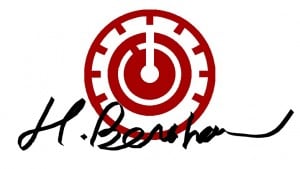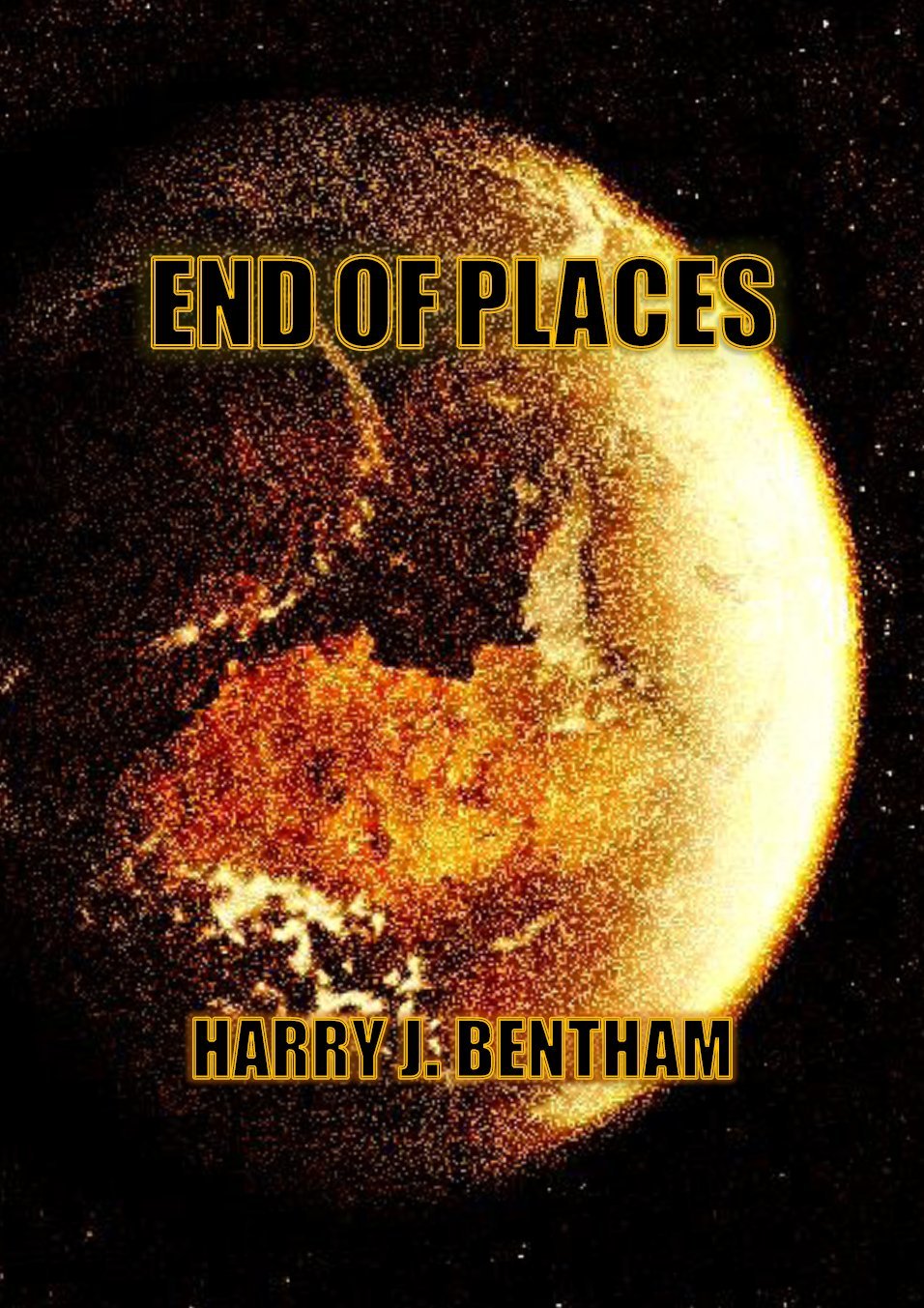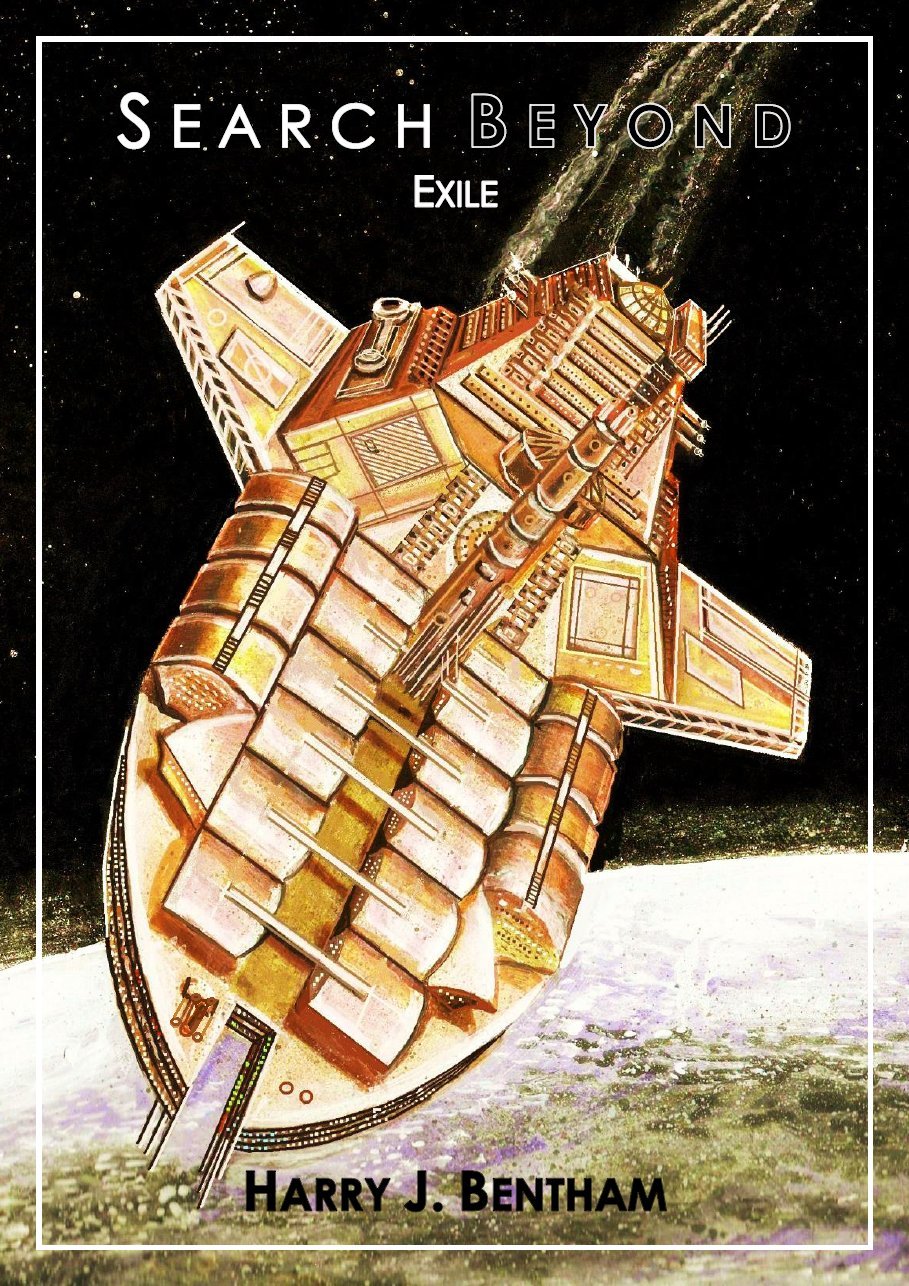Quamvis enim melius sit benefacere quam nosse.
It is better to do good, than to know.
Charlemagne
While I have recently had my analysis of Obama’s Iraq and Syria wars published at Press TV, the main material that has been on my mind recently has been Google’s book, The New Digital Age (2013).
I have thoroughly reviewed Google’s well-known book as a follow-up to my review of Julian Assange’s latest book, When Google Met WikiLeaks – which itself responded to Google’s book. This review was authored for h+ Magazine and, if everything goes according to plan, I hope you will have a chance to read it there soon.
I have considered myself part of the anti-imperialist blogosphere for a long time. In particular, I am very attentive to global anti-imperialist discourse from an outside perspective, such as a Lebanese or Iranian perspective, as reflected in Press TV’s excellent broadcasting. In many ways, this external criticism of imperialism is paralleled in the internal criticisms that we are used to hearing from the global Left. For these critics, “the West” is often openly stated as the target of criticism, but I am getting a little tired of this all too lazy term and the way it is hurled around carelessly in everyday reporting.
It’s time we stop using this silly, dated term ‘the #West‘ for the secluded #warmongers of the #US #regime and their spies. #NoToNato
— Harry J. Bentham (@hjbentham) August 31, 2014
Increasingly, I have become critical of this term, which is thrown lazily around by people who claim to love the West and people who claim to hate it alike, without ever really looking into whether the West is even a valid or useful concept at all.
We seem to use this term as a blanket label for everything and everyone more or less allied to the United States in world affairs. The problem with it is that it is an illusion, and it is a self-sustaining one for all who apply it: the self-declared enemies and allies of the West both maintain the illusion by taking stances on it, rather than stopping to wonder whether it exists at all.
The truth is that there is no cultural, linguistic or political uniformity between the allies of the United States (except perhaps between the US and UK, and even that is getting more and more culturally strained as the two countries continue their journey apart.) The cultural rift between the US and EU is as significant, if not more significant, than the rift between the EU and Russia.
As an antistatist (more accurately an anti nation-statist, since I am prepared to accept the necessity of limited, consensual forms of authority, social responsibility and law enforcement in any society) I don’t see any real underlying validity to the idea of being part of a nation-state. Saying one is British or American makes about as much sense to me as saying one is associated with an animal or vegetable of choice. I have already written extensively on how the nation-state has become an unsustainable and paradoxical model for representing people’s political interests accurately, and how this leads to the vast majority of conflicts in the world today.
Given my rejection of the “nation”, I find the concept of the “the West” to be even more spurious and worth challenging. Indeed, I see even less validity in the idea that I belong to a monolithic cultural and political bloc of countries described as the “West”, so I reject the claim that this bloc really exists in any form. At least, “the West” certainly doesn’t exist in any form that is consequential to anyone outside the halls of oligarchy, exclusion, wealth and power.
Like many things, including nationality and race, “the West” is just another arbitrary distinction among human beings. It exists solely as a construct in many people’s minds, and survives for as many minutes as people would like to take it seriously. When you tune in to the news, you will hear the usual ignorant drivel about how the “West” is threatened by this group or that, or some country or another, but the truth is that these threats are of no consequence to you personally. The people who do identify with the West are not of the people. The West is not itself a demos or people. We certainly don’t need to worry about the West being destroyed – much less that any act of destruction aimed at the West might have any truly harmful effect on our lives.
Speaking of destruction, I am giving away my apocalyptic End of Places stories for free this weekend. If you support my work, please take a moment to download the collection now, and as always remember to rate any titles you have downloaded at Amazon. Your downloads and ratings are what keep my work afloat.
Also visit my full bibliography here on Beliefnet
My critique of “the West” is likely to crystallize in some more disciplined form other than blabbering and complaining in future, and I am considering writing an essay to a higher academic standard on this subject in future – possibly for the World Left’s favorite, Monthly Review.
For now, my complaining is not wasted. I will continue to direct readers not into blind rage against the system, but to some of the most humane alternatives to nation-states and other arbitrary and cruel geopolitical constructs that have been presented. So many of these alternatives, including VDP States and the Venus Project, have been posited as more modern alternatives to our outdated national model of politics that there is no reason to regard nation-states and geopolitical alliances as our only choice. Our choices are infinite.



